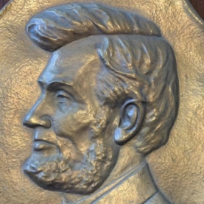Cisne Juvenile Law Lawyer, Illinois
Not enough matches for Cisne Juvenile Law lawyer.
Below are all Cisne lawyers.
Heidi A. Hoffee
Motor Vehicle, Employment, Criminal, Accident & Injury
Status: In Good Standing Licensed: 38 Years
John Curtis Robison
Commercial Real Estate, Minerals & Mining, Estate Planning, Disability
Status: In Good Standing Licensed: 56 Years
Jay Herbert Fyie
Other, Government, Banking & Finance, Business
Status: In Good Standing Licensed: 46 Years
David Edward Harrison
Commercial Real Estate, Government, Estate Planning, Family Law
Status: In Good Standing Licensed: 30 Years
Richard L. Kline
Commercial Real Estate, Estate Planning, Family Law, Personal Injury
Status: In Good Standing Licensed: 50 Years
Richard Kline
Commercial Real Estate, Estate Planning, Family Law, Personal Injury
Status: In Good Standing Licensed: 50 Years
Jason M. Barnhart
Other, Lawsuit & Dispute, Industry Specialties, Business
Status: In Good Standing Licensed: 22 Years


